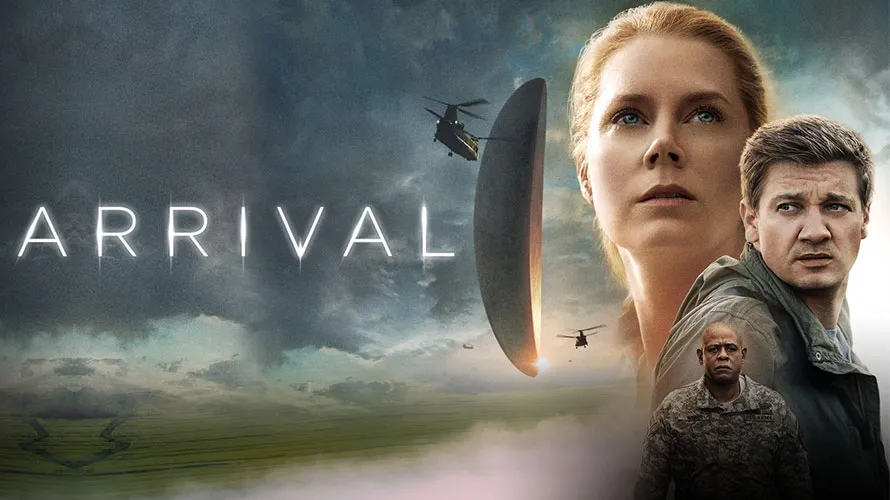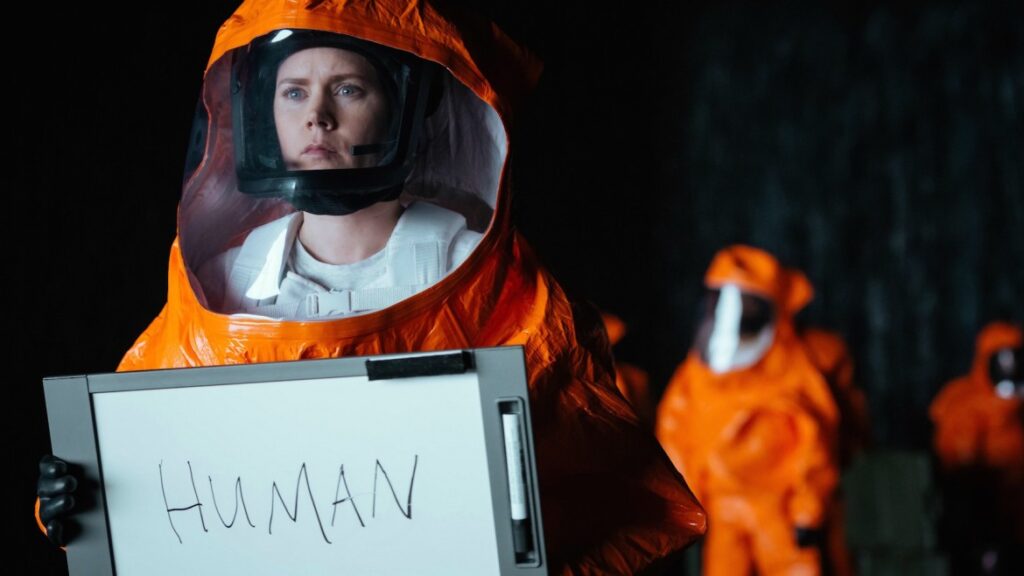
The persistent question among both the Ancient Day and Latter-day Saints is whether Zion is to be established upon the Earth before or after the Second Coming of Christ. That is, are we to establish a perfect society of the pure in heart upon this Earth, and then Christ can come? Or are we to prepare ourselves to join a society that will only ever be able to appear after Christ comes? Our own 10th Article of Faith reads, “We believe in the literal gathering of Israel and in the restoration of the Ten Tribes; that Zion (the New Jerusalem) will be built upon the American continent; that Christ will reign personally upon the earth; and, that the earth will be renewed and receive its paradisiacal glory,” but it is not clear what order these events are supposed to occur in–is Zion supposed to be established, and then Christ comes, and then the earth is renewed?–or are they all intended to occur simultaneously.
Probably most people who concern themselves with this question, when pressed on it, would likely split the difference between the two: we try to do everything we can to establish Zion on this fallen world while we await the Second Coming, whilst also cognizant that we will require some heavy intervention from on high in order to pull it off, “for it is by grace we are saved, after all we can do.”
Intriguingly, we have just such a scenario presented before us in the acclaimed 2016 sci-fi film Arrival. The movie is an adaptation of the award-winning 1998 short-story Story of Your Life by sci-fi/fantasy writer Ted Chiang. In the original story, a mysterious alien race known only as Heptapods visit the people of present-day Earth, touching down in 112 locations across the globe. The story is narrated by a certain Dr. Louise Banks, PhD in linguistics, who has been recruited by the U.S. military to learn the Heptapods’ language, and try to teach them ours. As she explains her experience studying Heptapod script, she simultaneously narrates experiences she has with her future husband–whom she has not met yet–and of her adult daughter–who has not been conceived yet.
The time-jumps in the story become thematically relevant, because she discovers that the Heptapod language utilizes a free-word-order syntax, with multiple levels of embedded clauses; they do not write a sentence one word or one semagram at a time, but draw all the ideograms simultaneously. They do so because it turns out that the Heptapods do not experience time sequentially but simultaneously as well; like the Tralfamadorians in Kurt Vonnegut’s Slaughterhouse Five, the Heptapods also see time as “one eternal round,” beholding the end from the beginning, as “all is as only one day” to them.
Hence (in a radical expression of Sapir-Whorf hypothesis), as Dr. Banks begins to master the Heptapod language, she too becomes unstuck in time, and begins to bounce back and forth between the future and the present. The original story is largely philosophical in nature, exploring questions of free will and determinism and other such religious questions, and ends with the Heptapods abruptly leaving earth as enigmatically as they arrived, as opaque and inscrutable as God Himself.
The screenwriters for Arrival decided to Hollywood up the story a bit–though once in awhile, that’s not necessarily a bad thing, especially because I personally don’t find the question of free will to be all that interesting to begin with. (Because I can assure you: if anyone has ever, say, stolen your wallet, you definitely behave as though the thief had a choice in the matter.) Rather, far more interesting to me is in how the Heptapods in Arrival are actively interceding to bring about a more unified human race.
For in the film version, only 12 Hetpapod ships land across the world; the North American one hovers close to the ground over Montana. As in the Ted Chiang story, Dr. Banks (played by ex-Mormonism’s own Amy Adams) is recruited by the U.S. military to learn the Heptapods’ language.

Dr. Banks and her handlers are in a race against time (ironically), as every other major power with a Heptapod ship hovering within their borders is scrambling to learn their language, too. Progress is initially slow, but they do make headway–especially when they learn the Heptapod word for “time.” In fact, their ideogram for the word “time,” she realizes, is a 12-sided image–and the aliens are only sharing one side of it with them. Dr. Banks intuits that each of the other 12 ships are only sharing one side of the ideogram as well, such that no one nation on Earth can get the complete ideogram unless everyone shares their information with each other; yet naturally, of course, none of the nations want to share. That is, the Heptapods are trying to incentivize the nations of the Earth to work together–to become as one, to achieve Zion–but the nations of the Earth are only preparing for war instead.
Further hampering her efforts are when she initially mistranslates their word for “tool” as “weapon”. Although she swiftly catches her error, her military liaisons are not so easily reassured, and prepare to evacuate the encampment; the Chinese in particular are beginning to perceive the Heptapods as a military threat, she learns, and are preparing a preemptive strike–and the Americans are considering following suite.
However, just as she had in the original story, Dr. Banks has become unstuck in time the more she understands their language; and as she scrambles to stop the Chinese attack and U.S. evacuation, she suddenly finds herself attending a United Nations gala several years into the future, wherein she meets the Chinese General who had intended to attack the Heptapods. (SPOILER ALERT) He addresses her as though they are old friends, recounting the time she called him on his private cell phone and recited the words his own wife said on her deathbed, thus convincing him to call off the attack. When she confesses no memory of this interaction–that she wouldn’t even know his number–the Chinese General graciously shares his number with her, as well as his wife’s last words.
Back in the present, Dr. Banks steals a CIA satellite phone amidst the chaos of evacuation, dials the general, and recites his wife’s last words in Mandarin–taking dictation from the General himself in the near-future–all while running from heavily-armed MPs trying to track down whomever is using an unauthorized satellite phone. It is a very Hollywood, action-movie-coded finale, utterly absent from the original story. But again, once in a awhile, tacking on a Hollywood twist isn’t necessarily a bad thing.
Because in the original Ted Chiang story, as noted earlier, the Heptapods simply up and leave one day, without notice, as opaque and inscrutible as the day they came, as mysterious as God. In Arrival, however, the Heptapods are here with a definite purpose: to help humanity overcome their divisions and antagonisms, and work together for the betterment of all. Why? she asks them directly. Because in 3,000 years, the Heptapods explain to her, they will need help from humanity. That is, they want humanity to work together as one so that they in turn can work together with the Heptapods as one. They are briefly interceding into the affairs of humanity now, in order to help us along to achieve Zion in a more perfect future. And that I find to be far more interesting than any further rehashings over the stale question of free will!
Although the tone of the majority of the film is one of mounting dread, ultimately it is one of great hope and optimism: that our vast differences are not insuperable, that we really can achieve a global sort of positive unity if we really choose to, that the heavens themselves are cheering us on and making intercessions on our behalf. In this regard, Arrival may be a whole lot closer to the truth than we realize.
